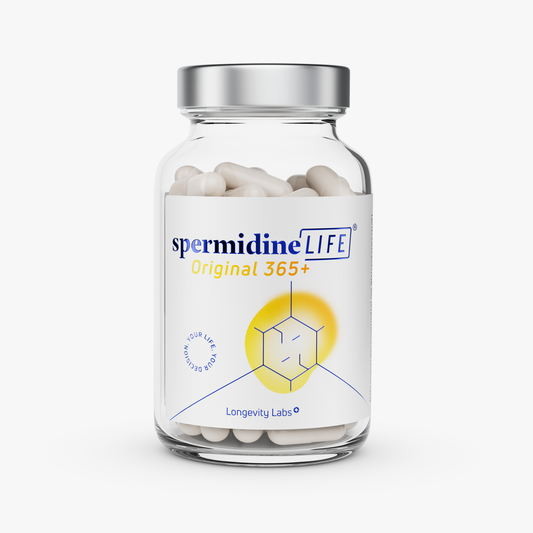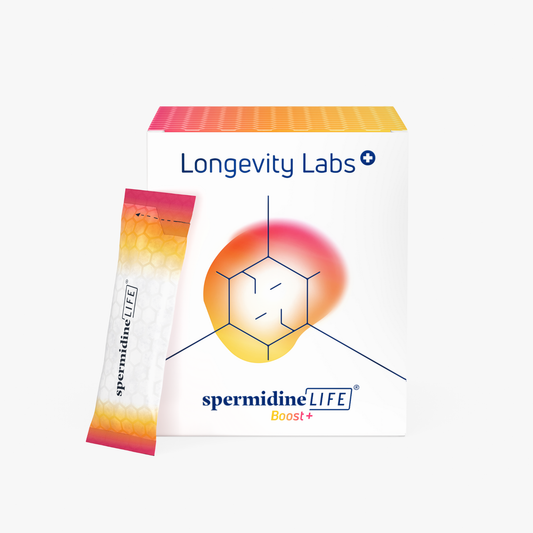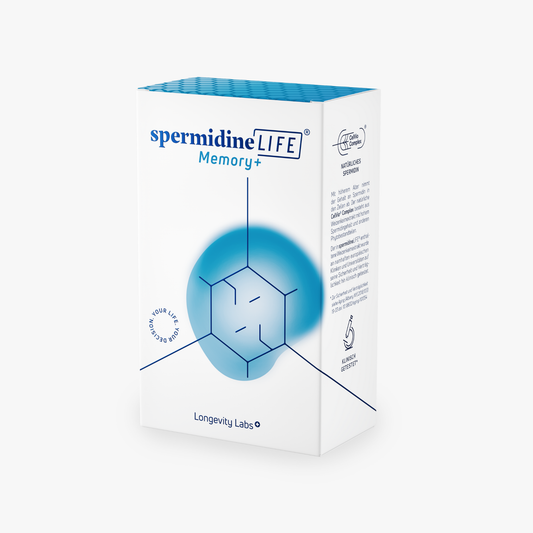
Changing seasons: How Zellis adapts to winter
Cell Diary, TLL LongevityLabsDear Diary,
Today I would like to tell you how we cells adapt to the change from summer to winter. My human's outside world is changing - the days are getting shorter, the weather is getting cooler, and the first frosty mornings are approaching.
In the last few weeks we have clearly felt how it affects our humans body. In the morning it is noticeably fresher. We cells immediately notice that our human needs extra warmth. The mitochondria - our little power plants - start to generate energy, which is released in the form of heat.
But the immune system also becomes more active. The immune cells are ready to support the body's defenses. The viruses are now trying to nest in our humans body, but we are prepared! Antioxidants are produced to protect us from oxidative stress, which often occurs in the colder months.
Then, when the sun comes out during the day and it gets a little warmer, we adapt again. We make sure that our human can sweat when it gets too warm. The sweat evaporates and cools the skin, while the blood vessels expand to bring more blood to the surface.
In the evening, when temperatures drop again, we reverse the process. The mitochondria increase heat production again, and the blood vessels contract to keep the heat in the body. It is a constant game between heat and cold, and we cells have to stay alert.
Despite the challenges that autumn and the approaching winter bring, I am happy to be part of this wonderful system. We support our human so that they can get through these changes in good health.
Stay cell-fresh,
Zellis






